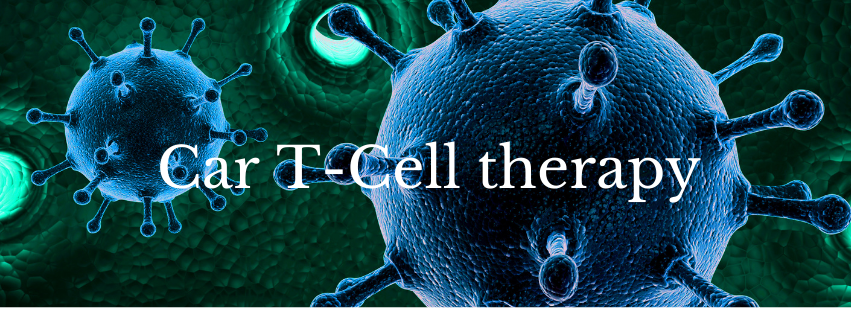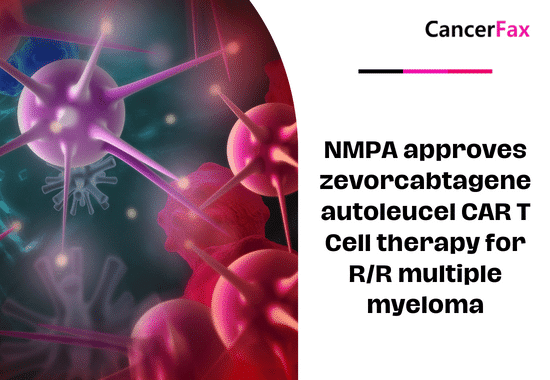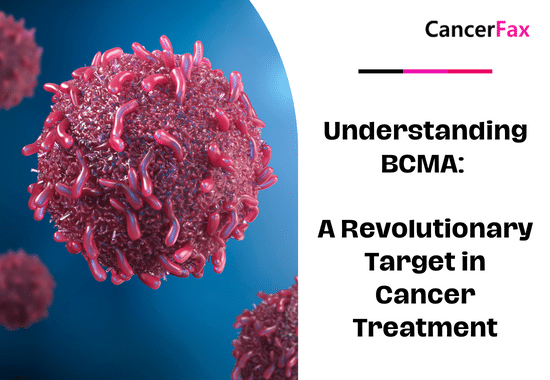April 2022: Normally, the cell manufacturing procedure for CAR T-cell therapy takes nine to fourteen days; however, researchers at the University of Pennsylvania were able to create functional CAR T cells with enhanced anti-tumour effectiveness in just 24 hours using a new technique.
A new type of immunotherapy called autologous CAR T-cell therapies uses a patient’s own immune T cells, changes them outside of the body by adding a CAR gene that makes them express receptors that better target cancer cells, and then puts them back into the patient. These treatments, on the other hand, are notorious for their long manufacturing times, which can interfere with the cell’s capacity to replicate and therefore reduce therapy potency, not to mention cause seriously ill patients to deteriorate while waiting for treatment. As a result, autologous cell treatment manufacturers have placed a high priority on reducing the time between blood extraction and modified cell re-infusion, also known as vein-to-vein time.

De preklinische studie gepubliceerd in Nature Biomedical Engineering toonde aan dat de hoeveelheid tijd, materialen en arbeid die nodig is om CAR T-cellen te produceren, drastisch kan worden verminderd. Volgens de onderzoekers zou dit vooral voordelig kunnen zijn bij personen met snel voortschrijdende ziekten en in ziekenhuisomgevingen met beperkte middelen.
“While traditional manufacturing approaches for creating CAR T cells that take several days to weeks continue to work for patients with ‘liquid’ cancers like leukaemia, there is still a significant need to reduce the time and cost of producing these complex therapies,” said Dr. Michael Milone, an associate professor of pathology and laboratory medicine and one of the study’s co-leaders. The manufacturing method reported in this study is a testament to the potential to innovate and improve the production of CAR T-celtherapieën for the benefit of more patients, building on our research from 2018 that reduced the standard manufacturing approach to three days, and now to less than 24 hours.
De onderzoekers ontdekten dat de kwaliteit van het CAR T-celproduct, en niet het aantal, een cruciale factor is voor het succes ervan in diermodellen. Hun onderzoek toonde aan dat een kleiner aantal CAR-T-cellen van hoge kwaliteit die buiten het lichaam werden aangemaakt zonder aanzienlijke uitbreiding de voorkeur had boven een groter aantal CAR-T-cellen van lagere kwaliteit die uitgebreid werden uitgebreid voordat ze terugkeerden naar de patiënt.
T cells must be activated in a way that causes them to proliferate and multiply in order to be used in traditional manufacturing methods. Using engineering approaches based in part on an understanding of how HIV naturally infects T cells, Penn researchers were able to eliminate this step of the manufacturing process. The team discovered a way to transfer genes straight to non-activated T cells newly extracted from the blood. This offered the dual benefit of speeding up the whole manufacturing process while still preserving the potency of the T cells. This procedure does not allow patients to become infected with HIV.
Patient access to cell therapies is limited due to cost. The researchers expect that by reducing the cost and time associated with manufacturing, these treatments can be made more cost-effective, allowing more patients to access them.
“Deze innovatieve aanpak is opmerkelijk omdat het mogelijk patiënten kan helpen die er anders niet van zouden kunnen profiteren CAR T-celtherapie, such as those with rapidly progressing cancer, due to the significant time required to generate these therapies,” said Dr. Saba Ghassemi, a research assistant professor of pathology and laboratory medicine and another co-leader of the study. “Effective reprogramming of T cells with a CAR in as little as 24 hours in a more simple manufacturing method without T cell activation or significant outside-the-body culture also opens up the option of expanding where and when these therapies are generated.” Not only might it increase the capacity of centralised manufacturing facilities, but if simple and consistent enough, it might be possible to produce these therapies locally near the patient, addressing the numerous logistical challenges that obstruct delivery of this effective therapy, particularly in resource-poor environments.”
De onderzoekers verklaarden dat hun studie "een katalysator is voor aanvullend klinisch onderzoek om te begrijpen hoe gemodificeerde CAR T-cellen werken bij patiënten met specifieke tumoren met behulp van deze verkorte strategie."
In conjunction with Novartis and the Children’s Hospital of Philadelphia, Penn experts spearheaded research, development, and clinical trials for this groundbreaking CAR T therapy. Novartis has licenced some of the technology used in these investigations from the University of Pennsylvania.

